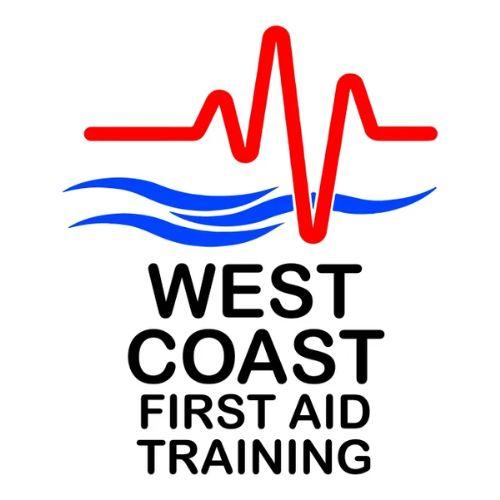When an emergency strikes, every second counts. West Coast First Aid Training, a leading provider of CPR and first aid instruction, has been equipping individuals, workplaces, and organizations in Perth with lifesaving skills through its expertly delivered CPR Courses Perth. Their mission is clear: empower people with the confidence and knowledge to act fast—and effectively—when lives are on the line.
But what makes CPR so critical? Why does immediate action truly matter? Let’s explore the science behind CPR and understand why early intervention can mean the difference between life and death.
The Science Behind CPR
Cardiopulmonary resuscitation (CPR) is a lifesaving procedure that helps maintain vital blood flow to the brain and heart during cardiac arrest. When the heart stops beating, oxygen-rich blood can no longer reach the brain. Within minutes, brain cells begin to die. This is where CPR comes in—by performing chest compressions and rescue breaths, a trained responder can manually pump blood through the body, keeping organs alive until professional help arrives.
Modern science has shown that high-quality chest compressions are the most crucial component of CPR. Studies indicate that compressions should be at least 5–6 cm deep and delivered at a rate of 100–120 per minute. The earlier CPR is initiated, the higher the survival rate—especially if an Automated External Defibrillator (AED) is also used within the first few minutes. According to the Australian Resuscitation Council, immediate CPR can double or even triple a person’s chance of survival.
Why Immediate Action Matters
Many people hesitate in emergencies, often out of fear of doing something wrong. However, the truth is that doing something is almost always better than doing nothing. Without oxygen, the brain can suffer irreversible damage in just 4–6 minutes. Emergency services may take 8–12 minutes to arrive, so immediate bystander CPR is critical to bridge that gap.
West Coast First Aid Training emphasizes hands-on practice and real-world scenarios in their CPR Training Perth sessions to help students overcome fear and hesitation. Their certified instructors ensure participants not only know the correct techniques but also feel confident using them in high-stress situations.
CPR Courses Perth: What’s Included
West Coast First Aid Training offers a variety of CPR courses in Perth, tailored for both beginners and those seeking refresher training. These courses cover:
-
Basic life support techniques
-
Adult, child, and infant CPR
-
Use of AED devices
-
Choking, drowning, and unconscious scenarios
-
Assessment and emergency response protocols
Courses are nationally recognized and compliant with Australian standards. Whether you're a parent, a teacher, a healthcare worker, or a construction site manager, there's a course designed to suit your needs.
For businesses and workplaces, the organization also offers group bookings and on-site training, ensuring staff are prepared and compliant with OH&S regulations.
Building a Community of Responders
West Coast First Aid Training is more than a training provider—they're building a network of everyday heroes across Perth. They believe that CPR is not just a skill for medical professionals but one that every person should possess. Their inclusive, engaging, and practical approach ensures that more people are prepared to act in those critical moments when someone collapses or stops breathing.
Through their CPR Training Perth programs, they’re turning bystanders into lifesavers.
Final Thoughts
In a world where emergencies can happen anywhere, being equipped with CPR knowledge is one of the most valuable skills a person can have. West Coast First Aid Training combines proven medical science with expert instruction to ensure you’re ready to respond when it matters most.
So, whether you’re refreshing your skills or learning CPR for the first time, choose a provider that’s trusted, professional, and passionate about saving lives. Enrol in CPR Courses Perth today with West Coast First Aid Training—and be ready to make a difference when seconds count.



